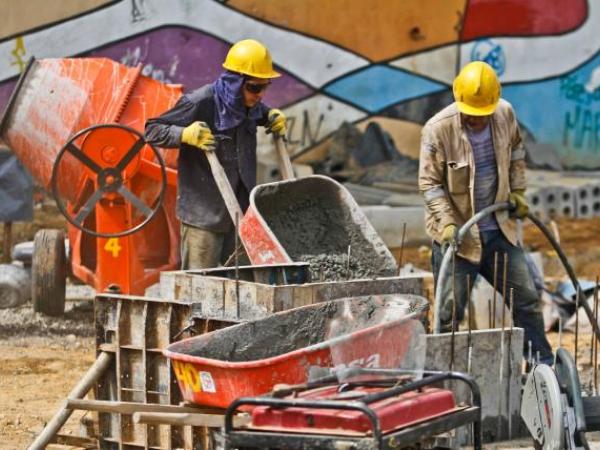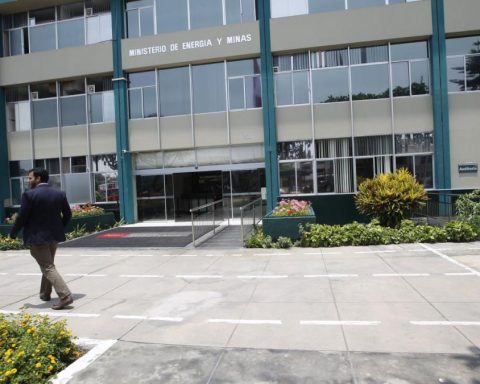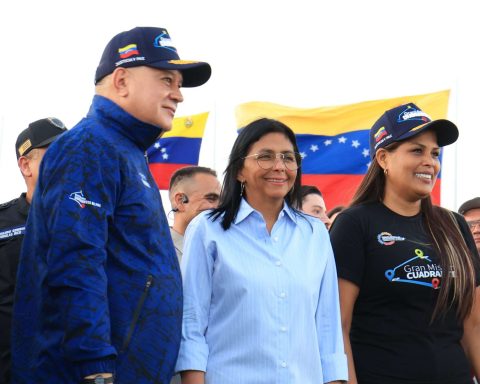Plurinationality is, without a doubt, one of the most controversial elements proposed in the constitutional text emanating from the Convention. This concept has raised fears in the diplomatic sphere, since it would not only be a new source of divisions between citizens of Chile, but it would also be functional to the irredentist gaze of Bolivia, whose new strategy aimed at obtaining access to the Pacific Ocean could stimulate the separatist spirit of the Aymara people.
At least that is what the journalist, writer, diplomat, international analyst and 2021 National Prize for Humanities and Social Sciences believes, José Rodríguez Elizondo, who expressed concern about the progress achieved by a concept that was, by the way, a cornerstone in the policies of the government of Evo Morales, who is still determined to achieve an outlet to the sea through Chilean territory, despite the fact that the International Court in The Hague dismissed Chile’s obligation to sit down to negotiate with La Paz, much less with a predetermined result. It cannot be otherwise, since the return of Bolivia to the waters of the Pacific is enshrined in the Constitution of that country that it promulgated in 2009.
The also lawyer referred to the possible implications, internal and external, of the proposed plurinationality, especially in cross-border issues with Bolivia and Peru. “The splinters of the explosion, the rampant ideology of prominent constituents, the bizarre behavior of others and our low-intensity international culture, have blurred the strategic, internal and external dangers involved in plurinationality”, he pointed out, since –added the writer– “The first induce a territorial disarticulation that undermines, in addition, the strength of the unity of the State. Something striking for anyone who loves us little.
According to Rodríguez Elizondo, “the other dangers are a derivative, since they potentially affect the boundary treaties with our neighbors. I specifically highlight those of 1904 with Bolivia and 1929 with Peru, which are the basis of the post-war peace statute in the Pacific. It is also worth mentioning the risk, recently pointed out by former Foreign Minister Teodoro Ribera, that the proposed article 238 could induce separatist actions in Rapa Nui. I allow myself to add that the normative locks of the type ‘Chile is indivisible’ do not matter when adverse situations rule. It is what history teaches and that is not in social networks.
When specifying the causes of these dangerous implications, José Rodríguez Elizondo referred to “the recoveryist and belligerent strategy of Evo Morales and our guilty indigenism.”
“The first allowed the former Bolivian president to develop an international harassment against Chile, with four main components: 1) the bilateral agenda of the 13 points of 2006 –of the dialogue without exclusions–, with specific mention of the sea; 2) the Plurinational Constitution of Bolivia, of 2009, which unilaterally ignores the 1904 treaty; 3) the Bolivian lawsuit before the International Court of Justice, in 2013, to force Chile to negotiate a sovereign cession of the coastline; and 4) the book Community, socialism and the multinational stateof the then Bolivian Vice President Álvaro García Linera, which contains the theses of the pending plurinational proposal”, he added.
The diplomat recalled that “the latter was a feat of political audacity, since the author himself presented it in Chile, in 2015, while the Bolivian lawsuit was pending, and, by the way, without our countries having diplomatic relations. A spectacular ‘ear touch’”.
On how the Aymara plurinationality could be translated at a cross-border level (the ethnic group has a presence in Chile, Bolivia and Peru), Rodríguez Elizondo pointed to the Runasur project, by Evo Morales, “referring to a ‘Plurinational Latin America’ that he wanted to inaugurate last December in Cusco, with the tacit authorization of the government of Pedro Castillo”.
“It happens that ten former foreign ministers and former vice foreign ministers of Peru then issued a statement saying that it was a ‘clear threat to sovereignty, independence and national security’ and that the intention of the former Bolivian president was ‘to dismember Peru by granting Bolivia a sovereign exit to the Pacific and thus form an Aymara nation as a Bolivian territorial extension’. It seemed very strange to me that this important event in our country was not highlighted, because what those Peruvian diplomats tacitly did was defend the validity of the Chilean-Peruvian treaty of 1929, which guarantees territorial contiguity between our countries,” he added.
Of course, the Bolivian strategy is not built in a vacuum, since Rodríguez Elizondo recognizes that it uses the historical marginalization of the native peoples by the Chilean State. And from this derive faults that emerged strongly in the Constitutional Convention, said the writer.
“Here is the second cause of the dangers of the proposal: our guilty indigenism. That is, assuming, very deferred, that since the beginning of the Republic we mistreat the Mapuche people and, by extension, other native peoples. We believed that it was enough to decree that they were as Chilean as the Creoles, with the same rights. That was what O’Higgins did in 1818. But that was just the kick-off. From there, public policies and legal norms had to be installed to recognize them as part of Chilean diversity, protect their cultures, rectify the injustices committed and give them the state socioeconomic protection that the circumstances indicated, ”he declared.
But Chile dragged its feet and let time pass, and “since we did not do it, the Mapuche resentment has grown considerably, they even have armed action groups”, while -he pointed out- “anti-systemic politicians want to use them as a driving force of a ‘ refoundation’ and the constitutional proposal punishes us with the law of the pendulum: it converts all native peoples into nations, even those with minimal demographic incidence and even some Afro-descendants. In addition, it recognizes them more rights than the rest of the Chileans. Suffice it to point out that they may even have their own international policies with those from neighboring countries.”
“If you ask me what to do in the face of such a mess, I would say simply recover sanity and, therefore, the minimum common sense of national sense. This implies constitutionalizing the postponed recognition and rights of our original peoples, after an efficient and supra-partisan dialogue. This, without the need to flagellate ourselves or to convert Chileans of always into residual Chileans. Sadly, in these moments of intolerance and denial, that seems like a lot to ask for”, he concluded.
















